A combination of robust weather forecasting, technology and teamwork
Last year more than 100,000 people threatened with severe floods in Bangladesh received life-saving aid through a combination of robust weather forecasting, technology and teamwork.
Based on a forecast on July 4th last year of severe flooding in five districts, the World Food Programme and its partners were able to disburse $4.2 million to 145,000 people with mobile-phone based cash transfers, combining technologies that would not have been available a few years ago.
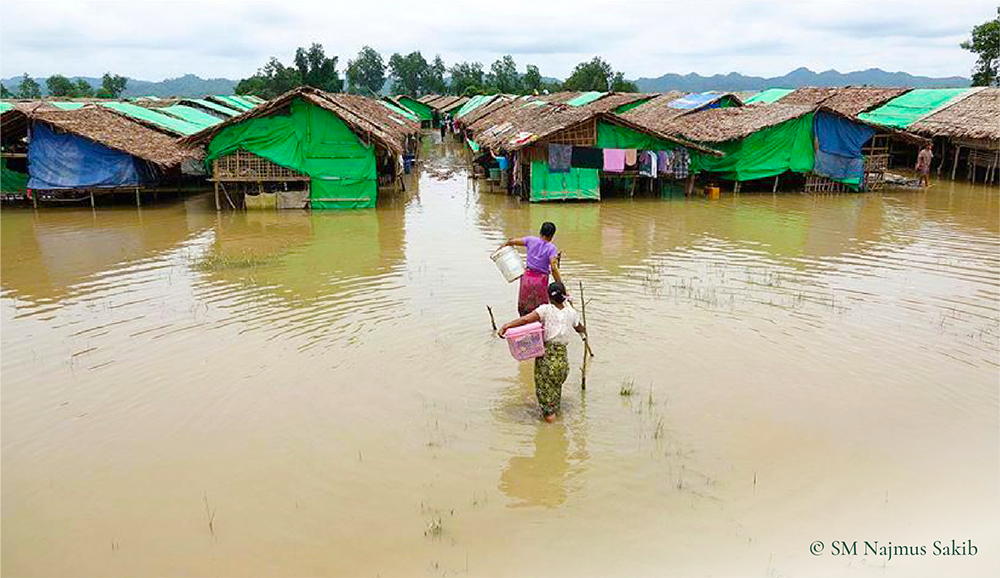
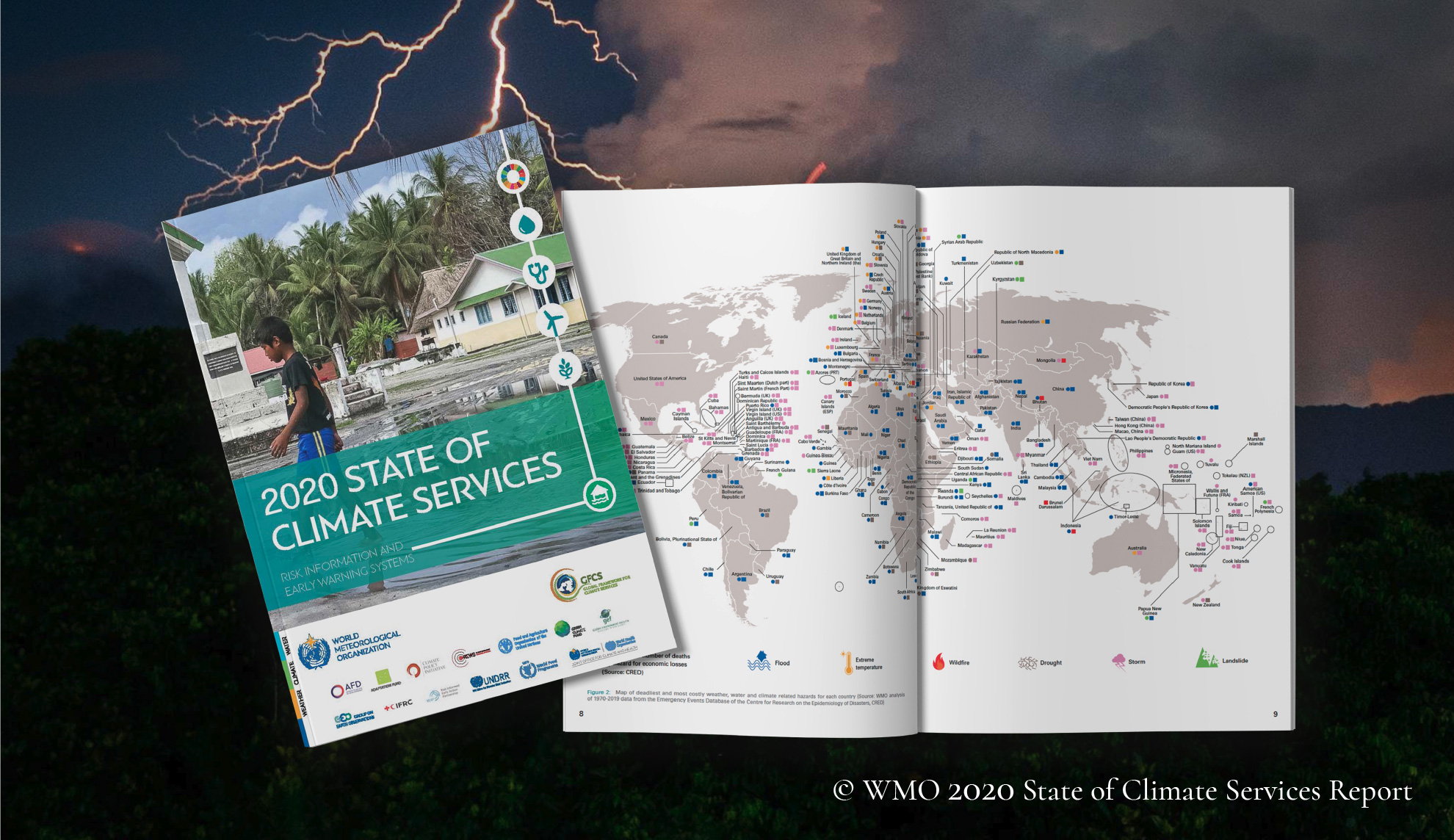
The World Meteorological Organisation
WMO was a LUI Che Woo Prize Laureate in 2018 for its contribution to the betterment of human civilisation and its latest report makes for sobering reading on how the Covid-19 pandemic and climate change have come together in a perfect storm to impact lives across the planet. The report found that 2020 was another unprecedented year for extreme weather and natural disasters.
To invest in early warning services and weather observing networks and hydrological services
“All key climate indicators and associated impact information provided in this report highlight relentless, continuing climate change, an increasing occurrence and intensification of extreme events, and severe losses and damage, affecting people, societies and economies,” WMO Secretary-General Professor Petteri Taalas on publishing the document.
“It is therefore important to invest in adaptation. One of the most powerful ways to adapt is to invest in early warning services and weather observing networks and hydrological services,” he said.
WMO is a specialist agency of the United Nations, focused on meteorology, hydrology and geophysical sciences. Its research has shown that more than 80 percent of natural disasters are weather and climate related and therefore these early warning systems are proven life savers. However, it has also noticed widespread discrepancies in access to state-of-the art forecasting systems. Of its 193 member states, 100 do not possess robust forecasting mechanisms, with developing and island nations particularly at risk.
The organisation mobilised the funds from the LUI Prize to help in its efforts to train developing country experts so that they can improve their disaster preparedness.
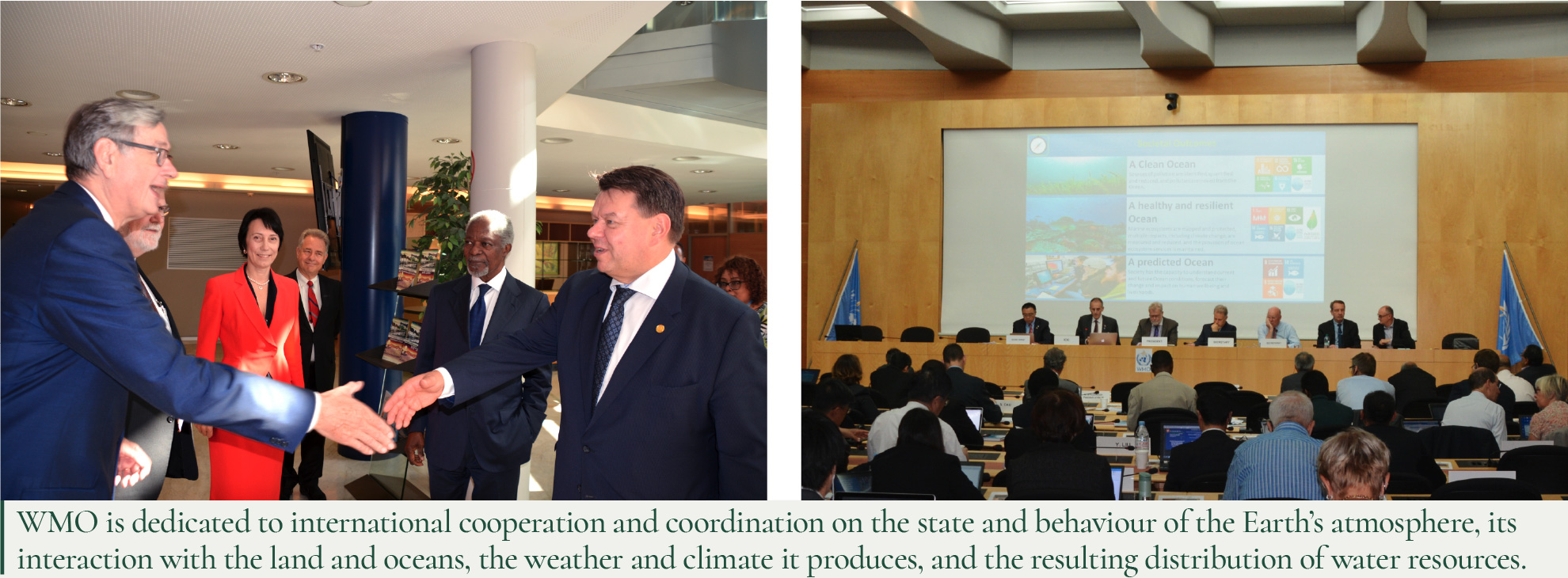
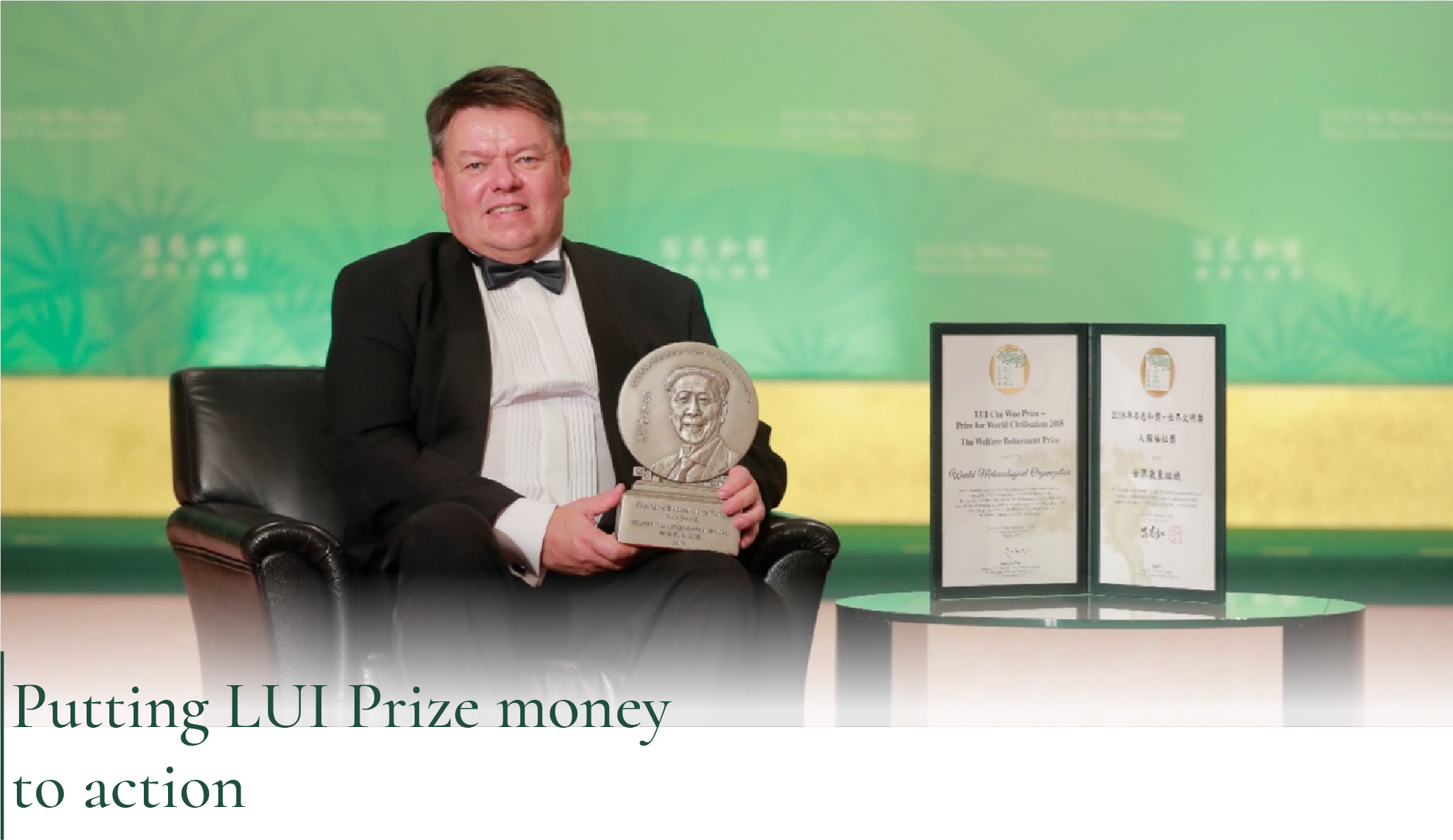
Helping developing nations to help themselves and improving global cooperation
WMO assessed that skills need to be strengthened in all professional areas of the field, from meteorologists to climatologists, management staff and researchers, with more than 19,000 people worldwide in need of training. Member states expect the WMO to train more than 1,000 experts a year, however with its current funding levels it can only train about 10 percent of those, with a little more for continuing education. With resources at a premium, the organisation mapped out a targeted plan for use of its prize money focused on helping developing nations to help themselves and improving global cooperation.
This takes place in part through annual Fellowship programmes, that help National Meteorological and Hydrological Services (NMHS) in member nations to improve the expertise of their staff members in both operational work and scientific research. Activities include short-term face-to-face courses, online courses and long term undergraduate or postgraduate degree courses.
This has allowed some staff to move to higher and more responsible positions, which has created the need for another level of training in management and human resources. WMO also earmarked some of the funds towards a Global Multi-Hazard Alert System, which will allow a greater number of countries to share early warning services to people at risk. “It is expected that the intervention of WMO will go a long way in repositioning the capability of NMHSs to provide weather and climate-related information for the benefit of human welfare at national regional and international levels,” it said.
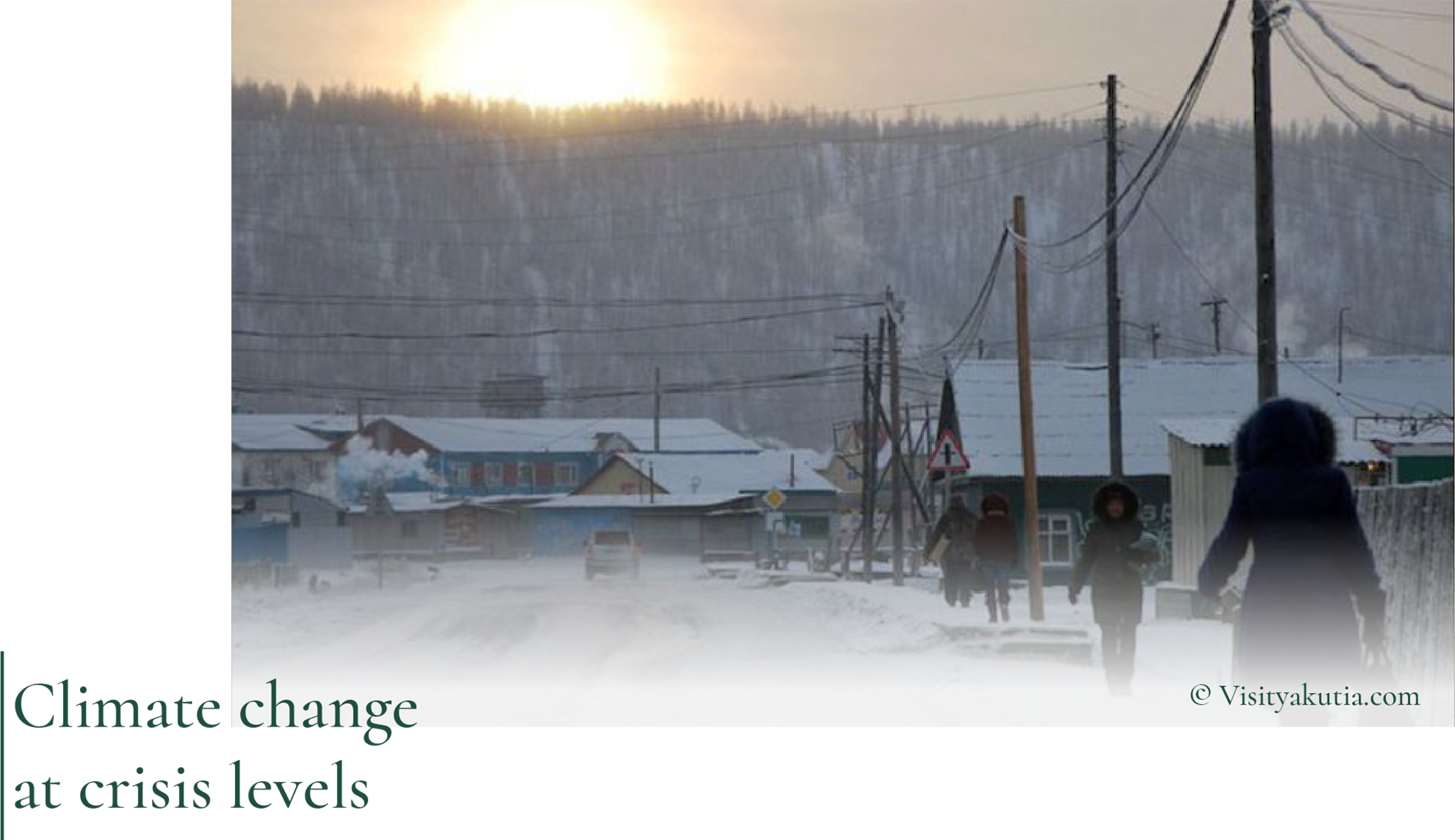
The climate report
WMO issued its first state of the climate report in 1993 and its 2020 issue showed the year was one of the three warmest on record, with temperatures hitting 38 degrees Celsius in Russia’s Verkhoyansk, on June 20th last year, the highest ever recorded anywhere north of the Arctic Circle.
There were some 9.8 million displacements of people due to severe weather and flooding, while Covid-19 exacerbated the impact, increasing disruption along the entire food chain and elevating levels of food insecurity.
For example, Cyclone Harold, which struck Fiji, the Solomon Islands, Tonga and Vanuatu was one of the strongest storms ever recorded in the South Pacific and triggered an estimated 99,500 displacements. But the COVID-19 lockdowns and quarantines hampered response and recovery operations, causing delays in providing equipment and assistance. The report is clear: innovative solutions and collaboration will be needed to overcome these challenges.

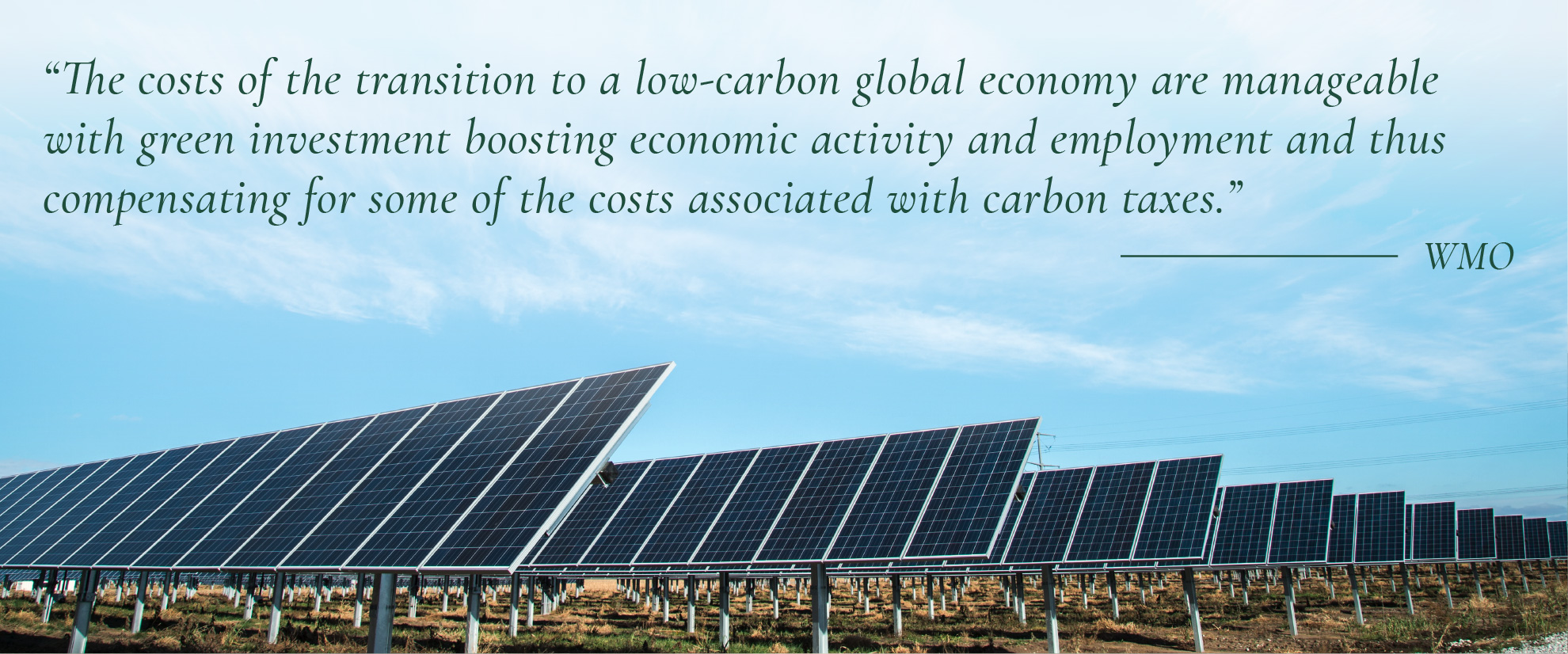
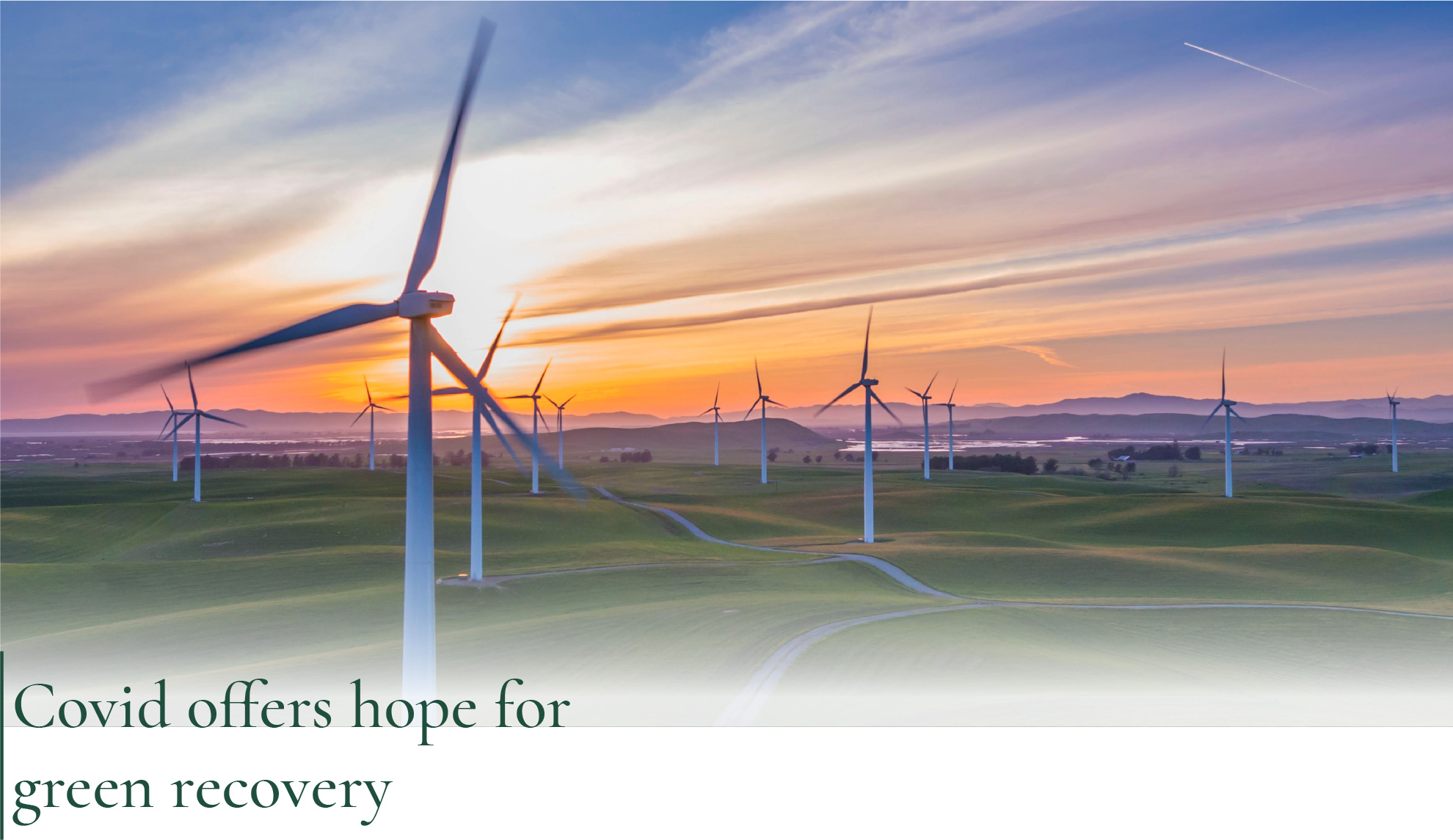
Covid-19 provides an opportunity for governments to rebuild their battered economies
However, the report also points out that Covid-19 provides an opportunity for governments to rebuild their battered economies using sustainable policies that encourage investment in a greener and more resilient public infrastructure. A further green infrastructure investment push and subsidies for renewable energy generation, combined with pre-announced gradually increasing carbon prices, would lead to the emission reductions that are needed to keep temperature increases to safer levels, WMO says.
In turn, targeted support for poorer households and policies that facilitate job reallocation from high-carbon to low-carbon sectors would ensure a fair transition. “The costs of the transition to a low-carbon global economy are manageable with green investment boosting economic activity and employment and thus compensating for some of the costs associated with carbon taxes,” it says. It’s a daunting task given the dire evidence presented in this year’s report, but with innovation, the ability to think outside the box and global cooperation there is a possibility of finding the necessary solutions.
